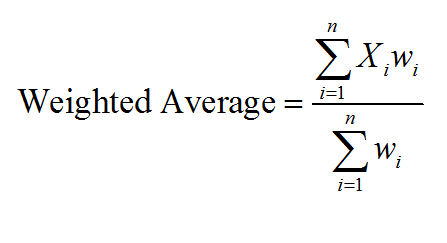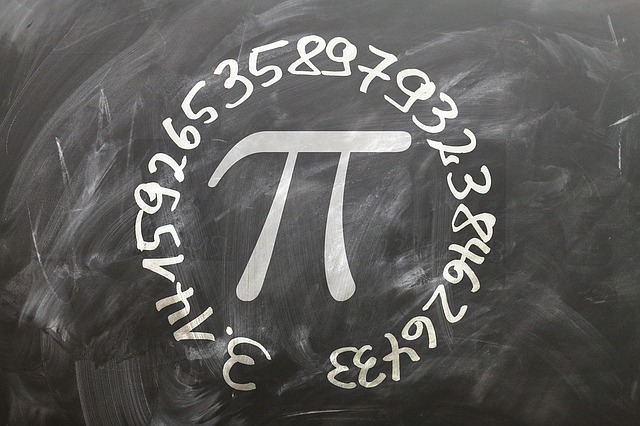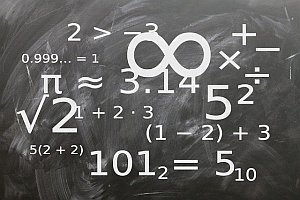Least Common Multiple Calculator
Instructions: Use this calculator to find the least common multiple (LCM) of a list of given integers that you provide in the table below.
Using this Least Common Multiple (LCM) Calculator
This calculator computes the least common multiple (or also commonly known as minimum common multiple) for a given list of positive integers that you provide. So, you need to provide positive integers such as '4' and '6'. You cannot provide a decimal like '3.78', or a fraction like '2/3'. Only positive integer numbers will work.
Once you have provided a list of positive integers, you have to click on "Calculate", and all you be presented with the steps of the LCM calculation.
The calculation is quite simple, and it can reduced to knowing the prime factorization for the numbers, which will directly lead to the calculation of the GCD, which is in turn used to compute the LCM, as we will see in the next section.
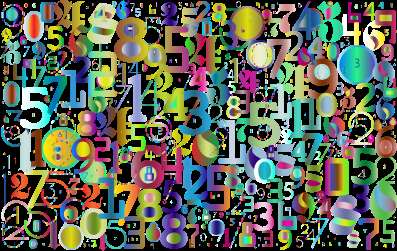
How do compute the least common multiple?
The procedure is relatively straightforward, and it involves dealing with the prime factorization of the numbers, and then simply using those factors to construct the least common multiple (LCM) based on those factors.
What are the steps for computing LCM of a list of numbers
- Step 1: Identify clearly the list of integers provided, and call them \(a_1\), \(a_2\), ..., \(a_n\)
- Step 2: Compute the prime decomposition of \(a_1\), \(a_2\), ..., \(a_n\), in case that all numbers are valid positive integers
- Step 3: Obtain the primes that belong to any of the prime decompositions, so that you collect the primes that appear in the decomposition of ANY of the numbers \(a_1\), \(a_2\), ... and \(a_n\)
- Step 4: Compute the LCM by multiplying the list of primes found raised to the maximum exponent found in all of the decomposition for each of them
Why would calculate LCM?
The least common multiple has a crucial and important application in the sum of fractions, in order to find a common denominator.
Overall LCM is a quite important concept that appears frequently in Algebra and other disciplines. A tightly related concept is that of the lowest common divisor, which finds the lowest common denominator for a list of fractions.
Another way of computing the LCM
The way of computing the least common multiple may seem a bit confusing, but there is a simpler way to do it when you are computing the LCM of 2 numbers, using the GCD. Indeed, assume you have two numbers \(a\) and \(b\) and you want to get \(LCM(a, b)\). In this special case, you can use the following formula
\[ LCM(a,b) = \displaystyle \frac{a \cdot b}{ GCD(a, b)} \]In this case, it is enough to know the value of \(GCD(a,b)\), and divide the multiplication of the two numbers by it to get the LCM. Observe that is a special case when you are dealing with 2 numbers, and it does not apply in general.
An interesting especial case occurs when you have two numbers and one number (the smaller one) divides the other number (the bigger one). In that case, the LCM will be the larger of the two.
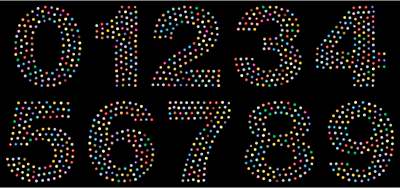
Example: Calculating the LCM
Calculate the least common denominator of the numbers 2, 6, 8 and 24.
Solution: The first step required in order to compute the lowest common multiple (LCM) is to compute the prime decomposition of all the numbers provided 2, 6, 8 and 24.
\[2 = 2\] \[6 = 2 \cdot 3\] \[8 = 2^3\] \[24 = 2^3 \cdot 3\]From the decompositions shown above, the simplest way to find the LCM is the following:
- First find ALL the primes that are present on at least one of the given numbers
- Then, find the maximum exponent for those primes across all numbers it belongs to the corresponding prime decomposition
- Multiply all primes found raised to the corresponding maximum exponent found for each, so to get the LCM
- Also, if there all the numbers are equal, we then will conclude that the LCM will that repeated number
The following primes are found, and they are listed with their maximum exponent found across all the prime decompositions:
• Prime = 2, Maximum Exponent = \(\max\{1,1,3,3\} = 3\)
• Prime = 3, Maximum Exponent = \(\max\{1,1\} = 1\)
Calculation of the Least Common Multiple (LCM)
Multiplying the all primes and their found maximum exponents, we compute the LCM as follows:
\[ LCM = \displaystyle 2^3 \cdot 3^1 = 24 \]This completes the calculation, and we conclude that the Least Common Multiple of the given numbers is \(LCM(2,6,8,24) = 24 \).
Example: Another LCM calculation
Calculate LCM of 21 and 9.
Solution: The prime decomposition of 21 and 9 is
\[ 21 = 3 \cdot 7\] \[ 9 = 3^2\]The list of all primes in either of the decompositions is 3 and 7. For 3 the maximum exponent is 1, for 7 maximum exponent is 1. Hence, the LCM is
\[ LCM(21, 9) = 3^2 \cdot 7 = 63\]Example: Find the common denominator
Calculate common denominator for the fractions \(\displaystyle \frac{1}{10}\) and \(\displaystyle \frac{2}{5}\)
Solution: Observe that the denominators for the fractions are 10 and 5. Since 5 divides 10, then the lowest common denominator is 10.
Other useful calculators calculators
The least common multiple of two numbers will play a direct role in a fraction calculator, as the LCM is used to compute the common denominator in the sum of two fractions.
Another thing of interest, relevant to the least common multiple is that you will need to know if the given numbers are composite or prime. Or more specifically, you would potentially like to produce a prime decomposition of integer numbers.

